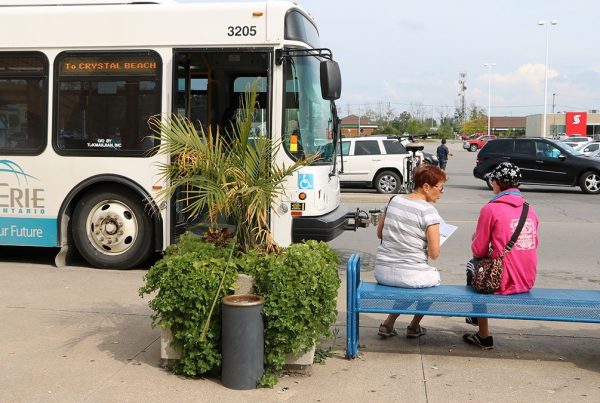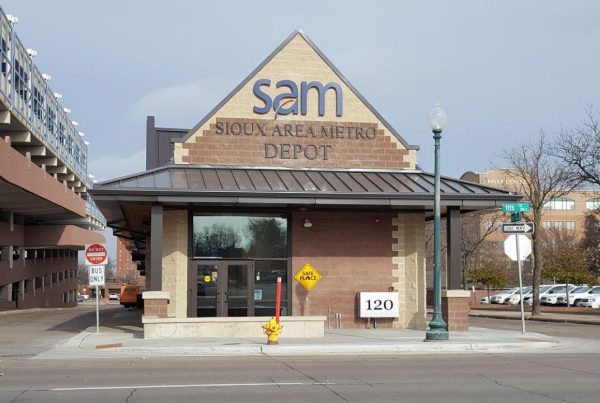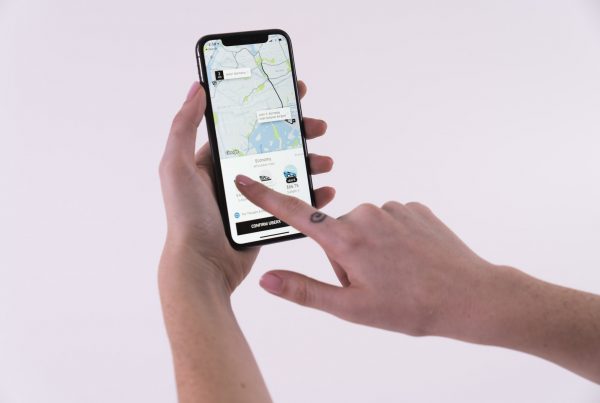2019 NEMT News
By: Luke Mellor
The global market for medical transportation is expected to reach $42 billion (USD) by 2024, growing annually by close to 7%, and in the United States the non-emergency medical transportation industry is still a multi-billion dollar market largely serviced by independent firms. Thousands of companies are operating everyday to provide medically necessary transportation to millions of elderly, sick, and injured passengers. Here is a round up of some interesting stories happening in the non-emergency medical transportation industry.
Predictably this year we are seeing the continuing trend of NEMT brokers incurring the wrath of the states they have contracts with due to performance issues. One example is Veyo, the NEMT broker and their operations in Connecticut, where trouble has persisted across all of 2018 and spilled into 2019 with a recent lawsuit. The lawsuit involves the continued failure of Veyo to provide necessary NEMT services in the state. The Department of Social Services and its commissioner, Roderick Bremby are named in the suit, which was posted by Connecticut Legal Services on behalf of Medicaid patients who missed appointments. We have been following Veyo’s antics since they bowed out of their NEMT contract with the state of Idaho. This is a good lesson on the importance of service excellence when it comes to NEMT, the difficulty of a large-scale change to a statewide transportation system and the dangers involved to for those who require the service and those who are responsible for providing it.
Meanwhile, there is also trouble in Arkansas, between another NEMT broker, MTM and Arkansas’ Department of Human Services. Whose Chief Procurement Officer sent a letter to MTM claiming that they had “failed to provide rides for patients, including high priority dialysis beneficiaries, resulting in some beneficiaries missing their scheduled appointments.” The outcome of this has been an exit and replacement of MTM as Arkansas’ main NEMT broker by Southeastrans as of February 1st, 2019.
There is a new national player in the NEMT space, they go by the name of Non Emergency Medical Transportation Accreditation Commission (NEMTAC) with the state goal of championing standards and best practices across the NEMT industry. So far, several industry heavy hitters have joined the organization. Pantonium, does wonder how standards and best practices can be harmonized nationally across 17,000 different providers in 50 unique state based regulatory frameworks. However, NEMTAC does represent another semi-unbiased source of NEMT news and lobbying efforts to the outside world that is mostly ignorant of the industry and its massive importance to health care. At the least their industry news page is worth a look, see it here.
The other major entrants we must note, Uber and Lyft, are also making more moves in the NEMT industry. One interesting impact they have had on the overall medical transportation market has been the decline in actual ambulance trips. So far since they have entered the US market, ambulance use has gone down about 7 percent nationwide. Avoiding an ambulance ride makes sense for people who need medical attention but who might not require the care of EMT’s and a blaring siren fueled race to a hospital. Especially when they know they will be on the hook for a hundreds or even thousands of dollars for the trip.
In the actual NEMT industry Uber and Lyft have been actively signing deals with major sources of trips, usually with the pitch of cheaper transportation and more reliable service. The model they are pursuing is generally the same for both Uber and Lyft. They are trying to partner with large health networks to provide a simple trip ordering portal (their basic app with some bells and whistles) and subsidized trips via their drivers. Generally, the trip type has only been for ambulatory passengers, as very few of their vehicles can handle wheelchairs, drivers are not trained to provide door through door service and none of their vehicles can handle stretchers. This fact has led to lawsuits against the TNCs (transportation network companies) in some municipalities for lack of accessibility. Health Affairs provides an excellent breakdown and explanation of some of the pilots and models the TNCs are pursuing. And a final takeaway for everyone, despite the hype and anecdotal evidence of purported savings, when researchers started to rigorously look into the results the have not shown any large difference in missed appointments between traditional NEMT services and TNC based services.
2019 looks to be an interesting year for transportation, stay tuned for more news from Pantonium by signing up for our blog.




